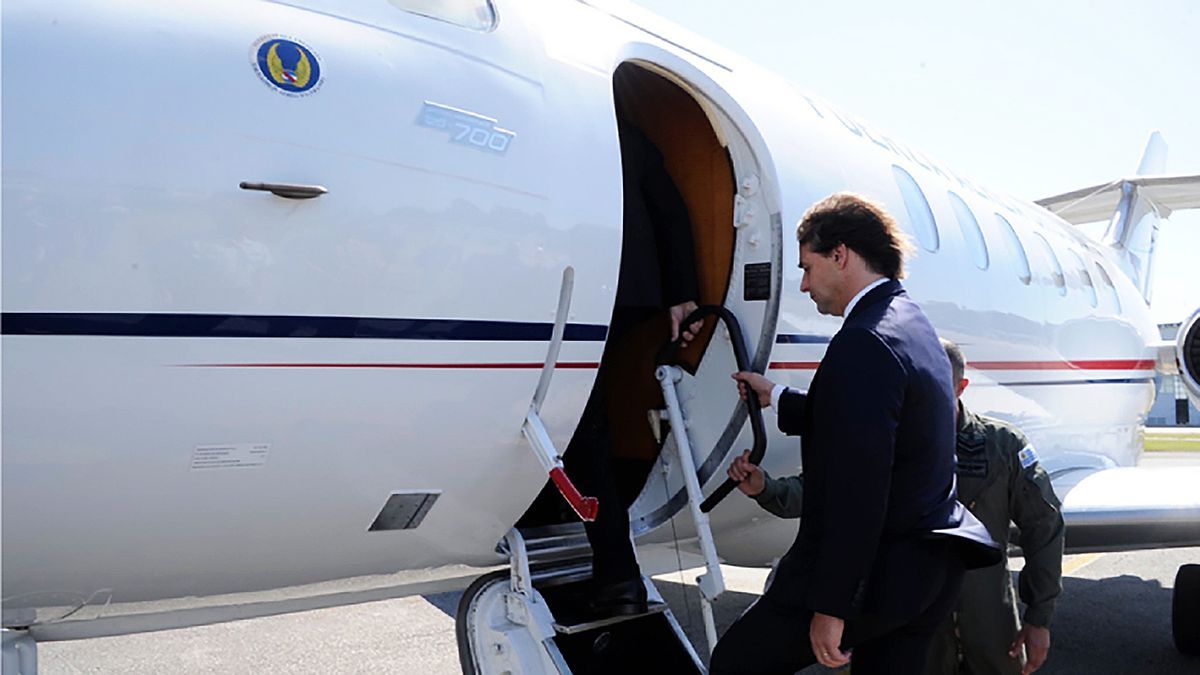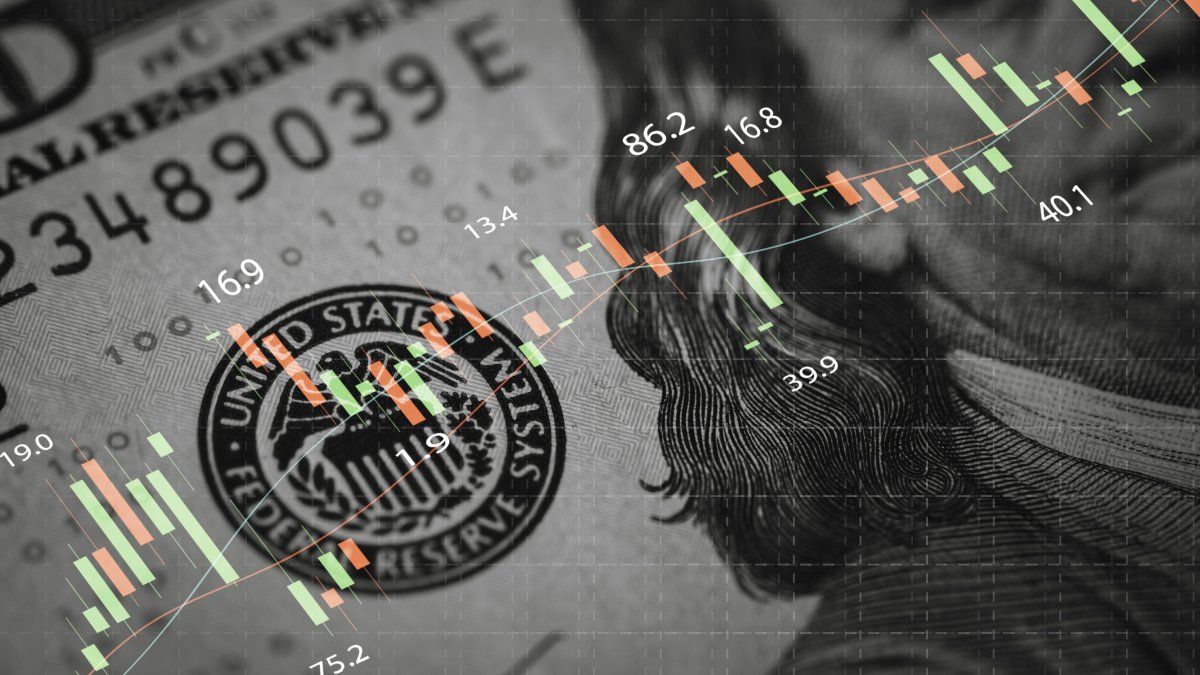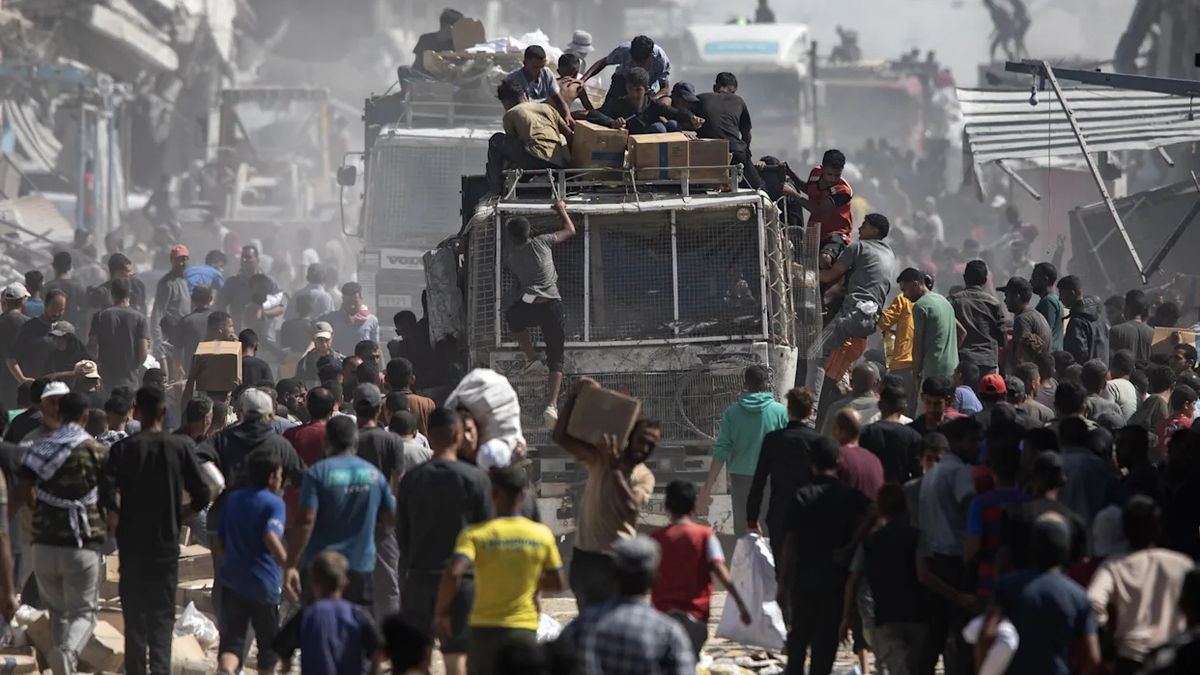The customs union Mercosur forged by Brazil, Argentina, Paraguay and Uruguay meets this Sunday in Paraguay after negotiations with United Arab Emirates and ends on Monday with a presidential summit marked by the absence of the Argentine Javier Milei and the income of Bolivia as a full member.
Agreements are also expected to be signed on film and audiovisual co-production and disaster risk management, as well as a declaration on the fight against transnational organised crime.
In addition to the host president, Santiago Peña, and of Luis Lacalle Pou, their peers will attend Brazil, Luiz Inacio Lula da Silva; and Bolivia, Luis Arce.
Bolivia’s entry
The Bolivian president could not miss the meeting despite the political instability at home, since he must formalize his country’s entry into the bloc after having promulgated the accession law on Friday.
The incorporation of Bolivia the customs union after nine years of procedures “makes us a linchpin in the region,” Arce celebrated.
On June 26, troops with tanks besieged the Executive headquarters in La Paz in what Maple He denounced it as an attempted coup d’état, a version that the ultra-liberal Milei dismissed, thereby offending the Bolivian government.
Crosses between Lula and Milei
The summit also coincides with a recent clash between Milei and Lula, after the former accused the latter of being a “leftist” with an “inflamed ego.”
Following these unhappy exchanges, the Argentine president announced that he would not attend what was to be his first regional meeting since taking office in December and would instead go to a conservative forum this weekend in Brazil.
“We are not seeking an ideological bloc, but rather integration as an objective,” Paraguay’s Foreign Minister Rubén Ramírez responded evasively to a question on the matter.
The political scientist Alejandro Frenkel, An expert in international relations at Argentina’s National University of San Martin, he told AFP that these “conflictive situations or political transitions” will probably mean that “there may not be much initiative or clear guidelines on how to move forward” at the summit.
According to the agreement of the Mercosur, Member countries are obliged to collectively negotiate any trade deals involving tariff preferences with nations or groups of nations outside the bloc.
Negotiations with the UAE and extensive dialogue with the EU
At the preparatory meetings in Assumption concluded a first round of negotiations with United Arab Emirates (UAE) and “there is great potential for trade expansion between both parties,” according to the Paraguayan Foreign Ministry.
He Mercosur will also resume negotiations on the trade agreement with the European Unionwhich have been languishing for more than 20 years, following the conclusion of elections on the old continent.
Lula said in June in Italy that in these dialogues “now the problem is them”, referring to the renewal of the European Comission France is already due to hold parliamentary elections on Sunday. If adopted, the treaty would allow the region’s agricultural powers to export meat, sugar, rice, honey and soya to Europe, while the EU would export cars, machinery and pharmaceutical products, among others.
But the agreement is facing resistance from some European countries, mainly France, which fears the massive influx of South American agricultural products. “I don’t think there will be any progress with the European Union issue, especially now with what is happening politically in France,” said Frenkel. “There is no willingness in Europe to move forward either,” he added.
Insistence by China
Uruguay On its side, it seeks to promote a free trade dialogue with China, a difficult mission in terms of Paraguay lacks relations with the Asian country because it recognizes Taiwan and the two largest partners, Argentina and Brazil, They are not convinced of its viability.
“We must prepare the ground for the president who comes (in Uruguay) to insist that the Mercosur “It has to be more flexible,” said President Lacalle Pou last Sunday.
He Southern Common Market (Mercosur) It was created in 1991 by Argentina, Brazil, Paraguay and Uruguay. They are also full members Venezuela, whose entry was approved in 2006 but has been suspended since 2017 due to “breach of democratic order”, and now Bolivia.
Source: Ambito




